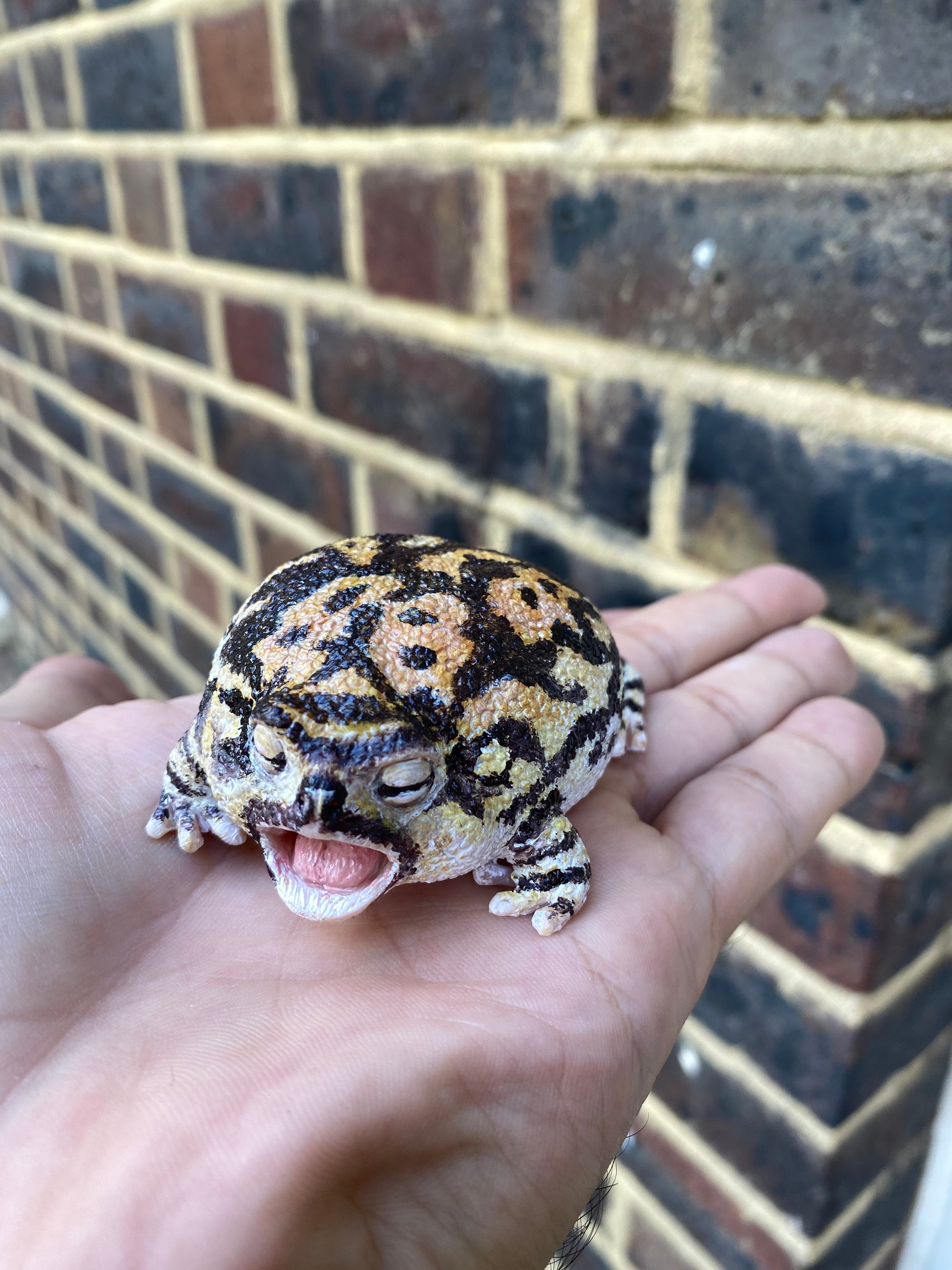Common Health Issues in Reptiles: Symptoms and Solutions
In the intricate globe of reptile treatment, recognizing the usual health and wellness problems that may impact these distinct creatures is paramount in ensuring their wellness. From respiratory system infections that can calmly take hold to metabolic bone diseases that can debilitate, reptiles are at risk to an array of conditions that need eager monitoring and prompt treatment. Whether it's grappling with parasitic problems, browsing dehydration issues, or dealing with skin ailments that show up in refined ways, being in harmony with the signs and symptoms and furnished with the knowledge of reliable options is necessary for any type of reptile owner. By diving even more right into the subtleties of these health concerns and checking out the practical solutions offered, one can protect the wellness and vitality of these remarkable pets.
Breathing Infections
Respiratory infections in reptiles can dramatically affect their overall health and need punctual attention from knowledgeable veterinarians. In reptiles, respiratory system infections can be particularly challenging to diagnose and treat due to their distinct anatomy and physiology.
Therapy for respiratory system infections in reptiles generally entails a combination of supportive care, such as keeping appropriate humidity degrees and temperature slopes in the room, in addition to targeted drug to deal with the particular pathogen accountable for the infection. It is crucial for reptile proprietors to monitor their pet dogs carefully for any indicators of breathing distress and look for veterinary treatment at the earliest indication of a concern. With timely treatment and appropriate therapy, several reptiles can recoup completely from respiratory infections and return to normal activities.

Metabolic Bone Illness
What elements contribute to the growth of Metabolic Bone Illness in reptiles?
Metabolic Bone Illness (MBD) in reptiles is mainly brought on by a lack of proper calcium, phosphorus, and vitamin D3 degrees in their diet. When reptiles do not get adequate calcium, either with their food or correct UVB exposure for vitamin D3 synthesis, they are at a high risk of establishing MBD. Reptiles with diet regimens reduced in calcium or unbalanced calcium to phosphorus proportions are particularly vulnerable. Furthermore, poor direct exposure to UVB light prevents reptiles from synthesizing vitamin D3, which is vital for calcium absorption and bone wellness.
Other contributing factors to MBD consist of inappropriate temperature level slopes within the reptile's habitat, resulting in lowered metabolic process and impaired calcium absorption. Insufficient humidity degrees can likewise affect a reptile's capability to metabolize calcium efficiently. Additionally, certain reptile types have particular dietary demands that, otherwise satisfied, can raise the possibility of developing MBD. Routine vet check-ups, proper husbandry practices, and a well balanced diet plan are important to stop Metabolic Bone Illness in reptiles.
Parasitic Invasions
Parasitical problems present a significant health and wellness threat to reptiles, impacting their overall well-being and requiring punctual veterinary focus. Reptiles can be impacted by numerous parasites, including termites, ticks, inner worms, and protozoa. These parasites can cause a series of symptoms, such as weight reduction, sleepiness, skin irritability, diarrhea, and even fatality if left without treatment.
One common bloodsucker discovered in reptiles is the mite, which can trigger skin anemia, inflammation, and stress and anxiety. Ticks are one more external bloodsucker that can trigger and transfer diseases pain to the reptile. Inner parasites like worms and protozoa can cause digestion issues, malnutrition, and weaken the reptile's immune system.
To detect a parasitic problem, a vet may execute fecal tests, skin scrapings, or blood examinations. Therapy typically includes deworming drugs, antiparasitic baths, or in extreme cases, a hospital stay. Preventative actions such as routine veterinary check-ups, appropriate health, and quarantine procedures for new reptiles can help minimize the danger of parasitic problems and ensure the well-being of reptile family pets.
Dehydration and Hydration Issues
Dehydration in reptiles can dramatically influence their health and wellness and health, requiring timely treatment and ideal hydration administration. If left unattended, dehydration can lead to significant health concerns and also look at this site be fatal to the reptile.
To stop dehydration, reptile owners should make sure that their animals have accessibility to tidy water at all times. The water recipe need to be large sufficient for the reptile to soak in if needed, especially for varieties that soak up water through their skin. Furthermore, maintaining appropriate moisture levels in the reptile's room and offering routine baths can help prevent dehydration.
In cases of dehydration, it is critical to look for vet care promptly. A vet might carry out fluids either orally or with injections to rehydrate the reptile. It is necessary to address the underlying source of dehydration to avoid reoccurrence and make sure the reptile's general health.
Skin Disorders

Verdict

Breathing infections in reptiles can dramatically impact their overall wellness and require punctual attention from seasoned veterinarians (rain frog for sale). Preventative measures such as routine veterinary examinations, correct health, and quarantine treatments for new reptiles can assist reduce the danger of parasitic infestations and ensure the health of reptile pets
If left neglected, dehydration can lead to severe health problems and even be fatal to the reptile.
Consistently examining your reptile for any changes in skin color, structure, or look can help in early detection and therapy of skin disorders, advertising the total health and wellness and wellness of your flaky buddy. - rain frog for sale
In verdict, reptiles are prone to various health problems such as respiratory infections, metabolic bone illness, parasitic invasions, dehydration, and skin disorders.
Comments on “Find Your Perfect Rain Frog for Sale: Dive into the World of Exotic Amphibians!”